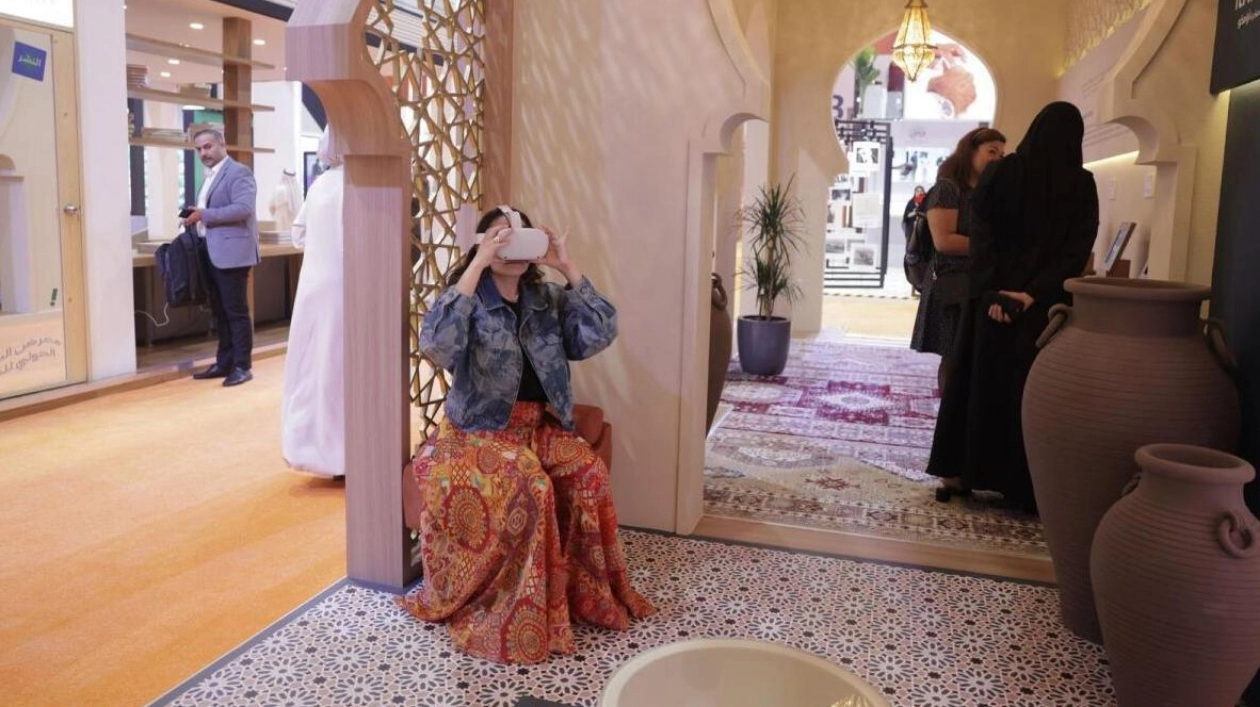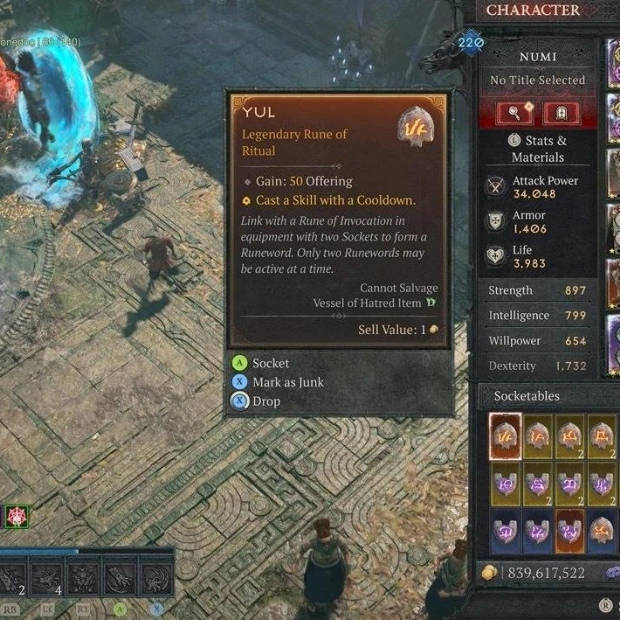Photos: Supplied
Visitors attending the ongoing Sharjah International Book Fair (SIBF) will have the opportunity to catch a glimpse of the "oldest continually operating higher learning institution in the world," established between 857 and 859 AD in Fez, a city in northern Morocco. The pavilion by House of Wisdom (HoW) at SIBF has crafted a special homage to Morocco’s Al-Qarawiyyin University, acknowledged by UNESCO and the Guinness World Records as the oldest university or oldest continually operating higher learning institution in the world.
Initially founded as a mosque by Fatima bint Muhammad Al-Fihriya, Al-Qarawiyyin evolved into a prominent spiritual and educational center, or madrasa, before being integrated into Morocco's modern state university system in 1963. According to SIBF organizers, attendees will gain a virtual experience to explore the various facets of Al-Qarawiyyin’s legacy and its role in safeguarding and disseminating knowledge across generations.
Replicas of treasured manuscripts
They will be able to view the Al-Qarawiyyin library and discover "a section dedicated to one of the Arab world’s oldest libraries, renowned for its collection of rare manuscripts." Visitors can examine digital replicas of treasured manuscripts that date back hundreds of years. These include a 3rd-century AH Holy Quran, meticulously inscribed in large Kufic script on deer parchment, an ancient Andalusian translation of the Bible into Arabic, and a manuscript of Kitab al-Siyar by Abu Ishaq al-Fazari, dating to the same era.
Another standout feature is a copy of Ibn Khaldun’s Kitāb Al-Ibar wa-dīwān Al-mubtadaʾ Wa-ăl-ḫabar, recognized by UNESCO as part of world heritage, alongside Aristotle’s Book of Ethics, and Abu Ishaq's Book of Expeditions. There are also manuscripts that have been preserved for over 1200 years.
Influential Arab scholars
There are also digital exhibits that delve into Al-Qarawiyyin’s transformation from a mosque to a madrasa in the 9th century AD, providing an in-depth look into the lives of its most influential scholars, including Ibn Khaldun, Averroes, Ibn Hazm, and Al-Idrisi. Visitors can discover the university’s historic water clock, symbolizing its innovative spirit and architectural heritage.
The digital displays also offer a virtual tour of Al-Qarawiyyin’s architectural evolution, enabling visitors to immerse themselves in the stories of those who contributed to its rich intellectual environment.
Using VR (virtual reality) headsets, visitors can also explore Al-Qarawiyyin’s distinctive Islamic architecture, featuring its iconic green domes, intricately carved wooden mihrab, and the central courtyard fountain. According to SIBF, the partially open ceiling of the university’s main courtyard creates a visually striking moment, inviting viewers to experience the tranquility of Al-Qarawiyyin’s spaces.
Meanwhile, HoW is also conducting a three-day workshop on manuscript preservation, led by Dr. Sabah Al-Bazi, head of conservation at Al-Qarawiyyin Library, in collaboration with the Sharjah Institute for Heritage. This specialized workshop covers essential restoration practices, from identifying factors that impact the manuscript to techniques crucial for preservation. The 43rd edition of SIBF will continue until November 17 at Sharjah Expo Centre.
Source link: https://www.khaleejtimes.com






